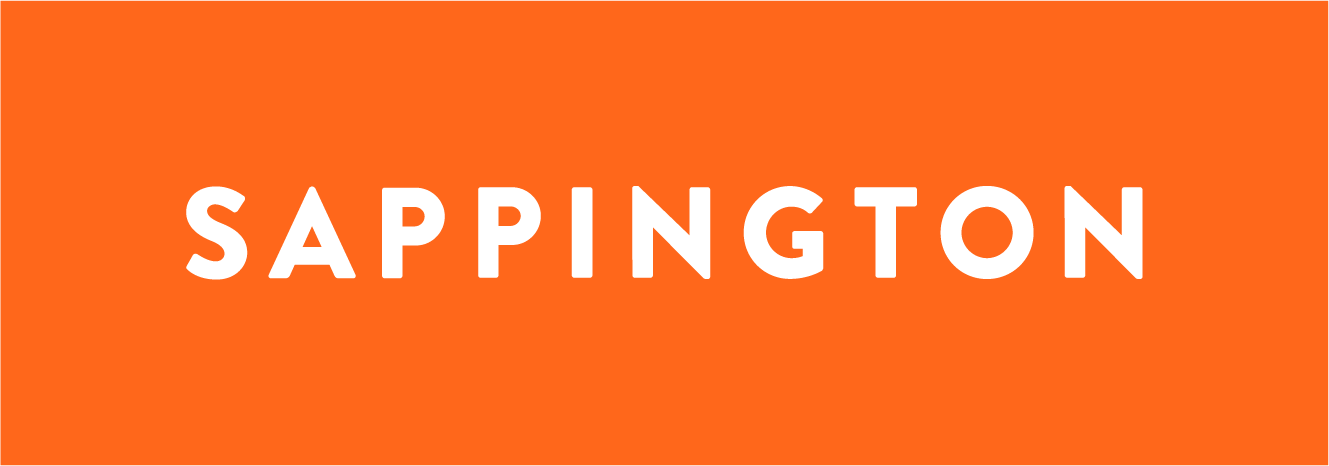What would Drucker do (WWDD)?
Knowledge workers in the era of AI
We recently blogged about how NASA’s physical twin model inspired the digital twins many companies use today.
We discussed how rapid advances in AI might one day allow for a personal digital twin that can perform many of the tasks of a modern knowledge worker, freeing us up to focus on more important things.
But, really, what is a “knowledge worker, anyhow?” And what new meaning might this take on in the age of AI?
Back when NASA was working to win the space race, Peter Drucker, pioneering educator and founder of modern management, coined and defined the term “knowledge worker.”
According to ChatGPT, “Drucker used this term to describe workers who apply theoretical and analytical knowledge acquired through formal training to develop products and services. This contrasted with the traditional manual worker who relies more on physical labor and skills.”
WHAT IS A KNOWLEDGER WORKER?
Drucker predicted that knowledge workers would be the most valuable asset of a twenty-first-century organization because of their high levels of productivity and creativity.
In his time, Drucker didn’t have a lot of faith in the possibility of computers replicating what knowledge workers can do. His perspective was that computers would be tools for knowledge workers, supporting their work rather than replacing them. He emphasized the importance of human judgment, creativity, and critical thinking in the face of increasing reliance on technology.
But advances in computing since Drucker died in 2005, a couple of years before the debut of the iPhone, have been so explosive that he might sing a different tune today. With leaps forward in cloud, processing power, and generative AI, computers still need human guidance—but not like you babysit a toddler. It’s becoming more like having a plucky assistant with a college degree who just happens never to sleep.
This raises the question: “Were he alive today, what would Peter Drucker do? What would he think about AI and the knowledge worker?”
WHAT WOULD PETER DRUCKER THINK ABOUT AI AND THE KNOWLEDGE WORKER?
This question inspired us to take a step back and ask another question: What is knowledge? Its most basic definition is simply knowing details about a specific subject. But it’s much more complex than that, especially considering that AI today “knows” a lot about many topics.
It turns out there are at least seven types of knowledge:
“KNOWLEDGE HAS TO BE IMPROVED, CHALLENGED, AND INCREASED CONSISTENTLY OR IT VANISHES.”
— PETER DRUCKER
Factual or declarative knowledge
Involves knowing facts and data. For instance, knowing that the capital of France is Paris.
Explicit knowledge
Involves knowledge that can be easily communicated and shared, like a recipe or a manual.
Procedural knowledge
Knowing how to do something, like how to ride a bicycle or solve a math problem.
Metacognitive knowledge
Understanding your own cognitive processes. For instance, knowing your learning style or understanding when you need more information to make a decision.
Conceptual knowledge
Involves understanding concepts, theories, and ideas. For example, understanding the theory of evolution.
Social knowledge
Refers to the knowledge that is embedded within social relationships, networks, and communities. For example, rituals, etiquette, and cultural symbols.
Tacit knowledge
Is the kind of knowledge that’s difficult to transfer to another person by writing it down or verbalizing it. For instance, the ability to speak a language fluently without necessarily being able to explain the grammatical rules.
When we start to unpack the full range of types of knowledge, a new picture of the knowledge worker emerges vis-a-vis AI.
Where’s the line between—or the intersection of—human knowledge and computer knowledge?
Factual knowledge—which is really data—is at the core of AI. No human will ever have enough cognitive ability to compete with a large language model.
AI is also on track to become a powerful tool for both explicit and procedural knowledge. In a connected world where everyone has equal access to AI and its factual, explicit, and procedural knowledge, it will no longer be necessary to know offhand the capital of Angola, the square root of 1,256,732, the Chicago Manual of Style, or how to file your tax return.
What about metacognitive knowledge? How can a computer know yourself better than you do? As discussed in our My Digital Twin blog, we may be moving toward a new reality where AI—given the right permissions—can gain considerable knowledge about an individual based on multiple inputs. Suppose a personalized large language model can access our communications, creative endeavors, work output, social media, financial and medical data, and more. It may be able to replicate who we are at home and at work, even accurately predict our decisions and responses.
It seems that when it comes to knowledge, we humans need to bring something more to the table. What’s our differentiator? The kind of knowledge that remains in our domain—at least for the moment—lies in the less precise, more nuanced areas of conceptual, social, and tacit knowledge.
This is the realm of the imagination, of “What if,” of critical thinking to invent and form hypotheses and theories. Contrary to the popular misnomer of the dominance of “right-brained” thinkers, creativity belongs to us all—a restaurant owner, a developer, a painter, and a business executive can all create something of value. AI isn’t there—yet. As musician Nick Cave recently wrote, “Songs arise out of suffering, by which I mean they are predicated upon the complex, internal human struggle of creation…algorithms don’t feel. Data doesn’t suffer.”
This is also the realm of personal relationships and how we communicate, interact, and intuitively understand emotional responses and behavioral idiosyncrasies. As far as we know, AI doesn’t get in a room or on a video conference and collaborate with other AI entities to produce ideas and solve problems as humans do.
So, what might Peter Drucker say about the new, post-AI knowledge worker?
He might hold to his original position after all, reminding us that AI, while highly advanced technology, remains a tool, a companion that allows us to focus on the right kinds of knowledge—our hard-won experiences, our ability to discern, our unique way of looking at the world and our workplace. Our humanness. A force multiplier that enhances what we think, feel, and do rather than a robot hellbent on replacing us.
In 2005, the year Peter Drucker passed away, author and business speaker Daniel Pink published a book arguing that the future of global business lies in big-picture skills. A new era where creative, conceptual thinkers will be more successful than those who rely mainly on logical, linear, analytical, and computational skills. "Asking 'Why? can lead to understanding,” Pink wrote. “Asking 'Why not?' can lead to breakthroughs.” Little did Pink know that he may have been predicting the future of the knowledge worker in the age of AI.
Peter Drucker imagery found on Wikimedia Commons and licensed under the Creative Commons Attribution-Share Alike 2.0 Generic license. Other imagery generated from Microsoft Bing Image Creator.








